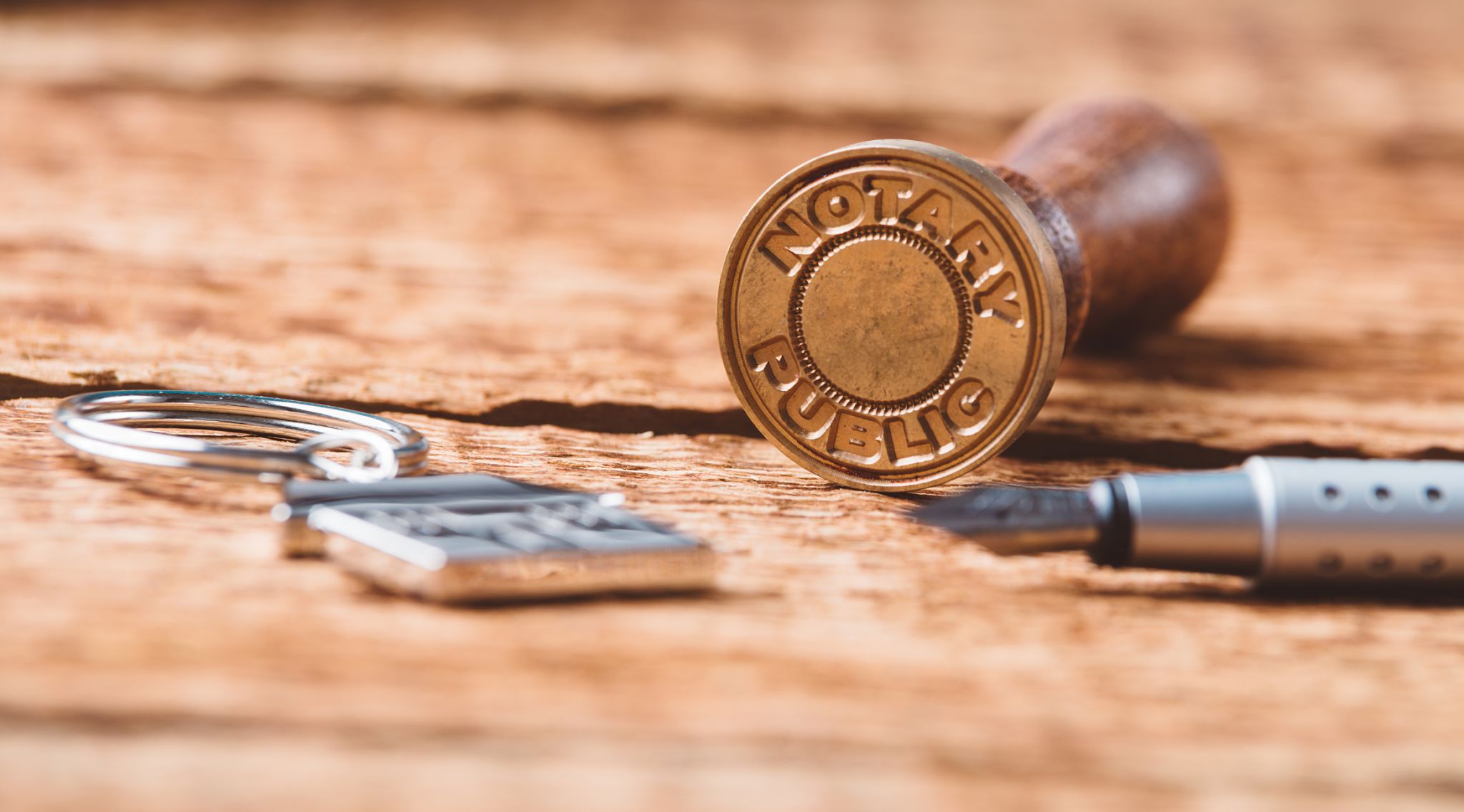Avoid Common Notarization Mistakes: Tips from the Experts
Introduction to Notarization
Notarization is a crucial process in legal and official documentation, ensuring the authenticity and credibility of the documents involved. Whether you are a notary public or someone seeking notarization services, understanding the common mistakes made during this process can save you time and potential legal issues.

Understanding the Importance of Proper Identification
One of the first steps in notarization is verifying the identity of the signer. A common mistake is failing to properly scrutinize identification documents. Always ensure that the ID presented is current and matches the name on the document. Acceptable forms of ID typically include driver’s licenses, passports, or other government-issued identification.
Not Accepting Expired IDs
An expired ID can easily lead to invalid notarization. It's essential to double-check expiration dates and ensure that all identification is valid and up-to-date. This simple step can prevent many complications later on.
Ensuring Document Completeness
Another frequent error is notarizing incomplete documents. Before proceeding, always review the documents for blank spaces or missing information that could be filled in later by unauthorized parties. This not only protects you but also maintains the integrity of the notarization process.

Initialing Corrections and Changes
If any alterations or corrections are necessary, make sure they are initialed by all parties involved. This includes correcting typos or adding information. Failing to do so can render a document legally questionable.
Proper Notarial Acts
Understanding the different types of notarial acts is vital. Whether it’s an acknowledgment, jurat, or oath, each requires specific actions and wording. A common mistake is using the wrong type of notarial certificate for the document's purpose.
Choosing the Right Notarial Certificate
Selecting an incorrect certificate can lead to a document being rejected or challenged. Always assess what type of notarial act is needed for each document and use the appropriate certificate.

Maintaining a Notary Journal
Keeping a detailed notary journal is not just a best practice but often a legal requirement. This journal should record each notarization, including details like date, type of document, and identification presented. A well-maintained journal acts as a crucial record should any questions arise later.
Recording All Necessary Details
Neglecting to record full details in your notary journal can be a critical mistake. Ensure all entries are complete, legible, and accurate to provide a reliable reference point for future inquiries.
Conclusion
Avoiding common notarization mistakes is essential for both notaries and individuals seeking notarization services. By paying close attention to identification, document completeness, proper notarial acts, and maintaining an accurate journal, you can ensure a smooth and legally sound notarization process. Taking these steps not only upholds legal standards but also builds trust in your services.